I was surprised when I was offered my first real salaried position because, frankly, I’m actually not sure if I was qualified for the job. What I do remember, though, is that the CEO really liked the outfit I wore for my interview. I responded with a cool, “Thanks.” But it made me wonder: Did I get the job because of my looks or my brain? I’ll never know for sure.
In our airbrushed, Instagram-filtered world, there’s a lot of emphasis on how we look in the workplace. The media feeds us office-specific hair tips, makeup tips, and clothing tips, all in the interest of looking our absolute best. But does looking good—being “beautiful”—actually lead to job offers and better salaries?
Research has historically found that more attractive people earn more money. Daniel Hamermesh, author of Beauty Pays: Why Attractive People Are More Successful, found that good-looking individuals are more successful across all fields and earn 3 to 4 percent more than a person with below-average looks. That adds up to roughly $230,000 more over a lifetime. This research implies there is both a “beauty premium” and an “ugliness penalty”—that employers prefer good-looking employees and pay them accordingly. If Hamermesh’s theory sounds simplistic and shallow, that’s because it is—and it is probably the reason why other scientists recently decided to take a closer look.
Earlier this year, researchers Satoshi Kanazawa and Mary C. Still published a new study that debunked Hamermesh’s “hotness pays” approach, proving that earnings and beauty are less obviously linked than Hamermesh suggested. It’s not attractiveness, they found, that leads to higher pay, but personality, intelligence, and health. Specifically, participants who were also conscientious and extroverted (not anxious and moody) earned more, which is pretty much what you would hope employers would value in job candidates.
Kanazawa and Still measured participants on a five-point attractiveness scale at four periods in life between ages 16 and 29. When analyzing attractiveness and earnings at age 29, the median income for those rated “very unattractive” was $35,000, as compared to $36,000 for those rated “very attractive.” Obviously $35,000 is less than $36,000, but they also controlled for what is known in psychology as the “Big Five” personality traits: conscientiousness, agreeableness, extraversion, neuroticism, and openness. Once they factored personality, intelligence, and health into the equation, they realized that hotness wasn’t driving higher wages; it was being smarter, physically well, and having higher levels of these particularly enjoyable personality traits.
So what does this mean for you? You can’t do much about preexisting health conditions, but nutrition and fitness level are very visual indicators of health. High levels of conscientiousness and agreeableness are important to employers because they indicate dependability, perseverance, tolerance, and cooperation, while extraversion indicates high energy, a love of people, and participation in social settings. We all vary widely on levels of these personality traits, but if you’re looking to strike it rich, conjuring up some enthusiasm and tolerance for your coworkers could get you ahead.
Kanazawa and Still’s research is also the first to suggest that there might even be an “ugliness premium.” They discovered that people rated “very unattractive” earned about $7,000 more than people rated “unattractive”—and in some cases, more than those rated “attractive.” To borrow from some high school cliché: The beauty queen doesn’t always come out on top; in earnings, the smart, unassuming bookworm might have her beat.
The slightly confounding “ugliness premium” aside, the key here is that your brain, your well-being, and how you come across to others are more important indicators of your earnings than attractiveness. That’s good news if you wake up with a pimple the day of your interview or if you break your nose before your first day at a new job. It is especially encouraging to think that in a world dominated increasingly more by appearances, your salary is safe from a beauty bias.



















 Representative Image Source: Pexels | Olly
Representative Image Source: Pexels | Olly Representative Image Source: Pexels | Pixabay
Representative Image Source: Pexels | Pixabay Representative Image Source: Pexels | Cottonbro
Representative Image Source: Pexels | Cottonbro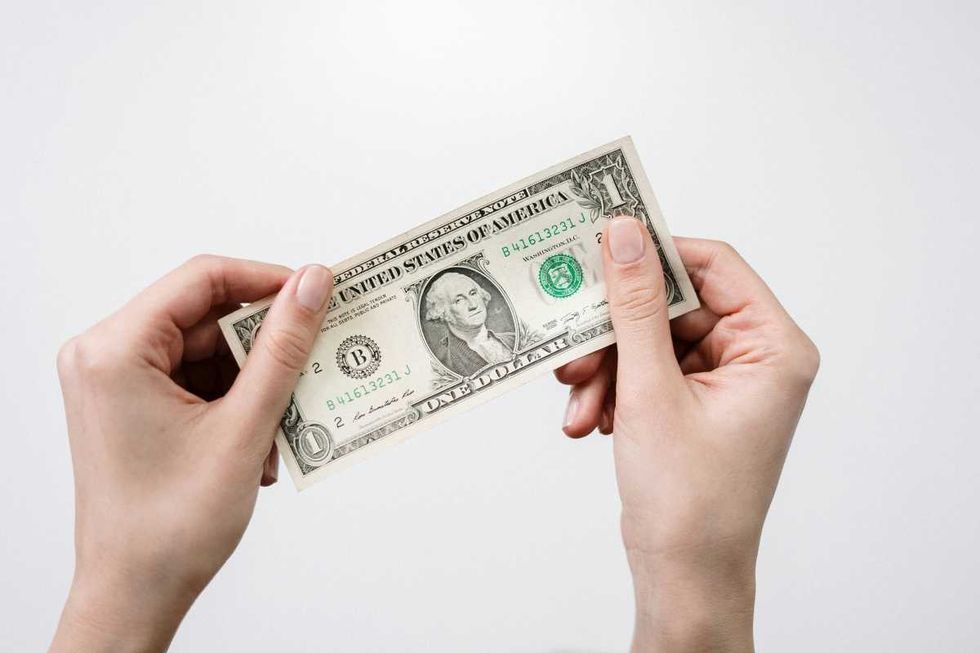 Representative Image Source: Pexels | Cottonbro
Representative Image Source: Pexels | Cottonbro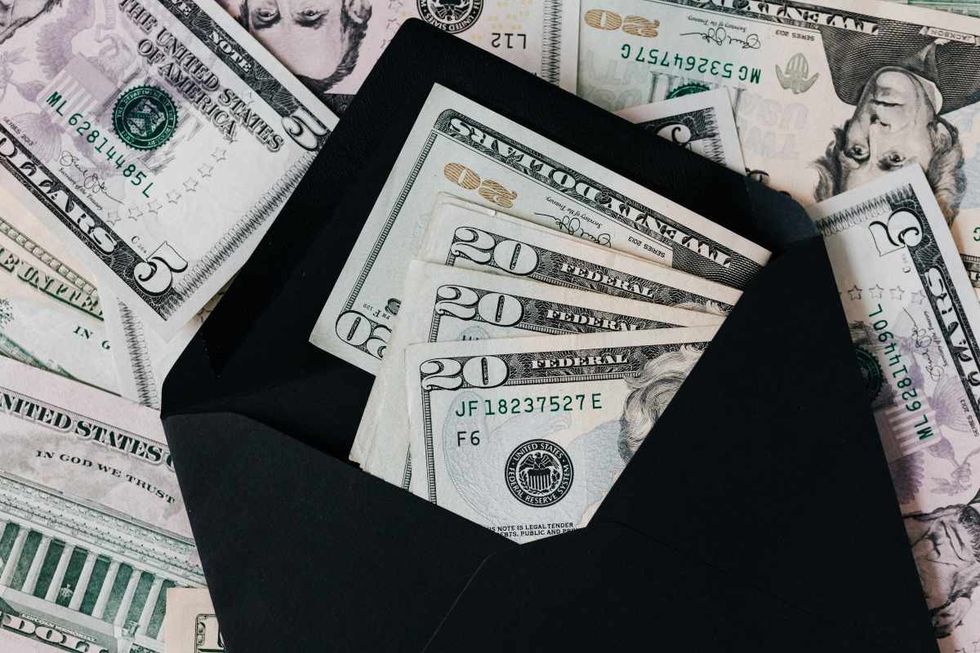 Representative Image Source: Pexels | Karolina Grabowska
Representative Image Source: Pexels | Karolina Grabowska Representative Image Source: Pexels | Jonathan Borba
Representative Image Source: Pexels | Jonathan Borba Image Source: Reddit |
Image Source: Reddit |  Image Source: Reddit |
Image Source: Reddit |  Image Source: Reddit |
Image Source: Reddit | 
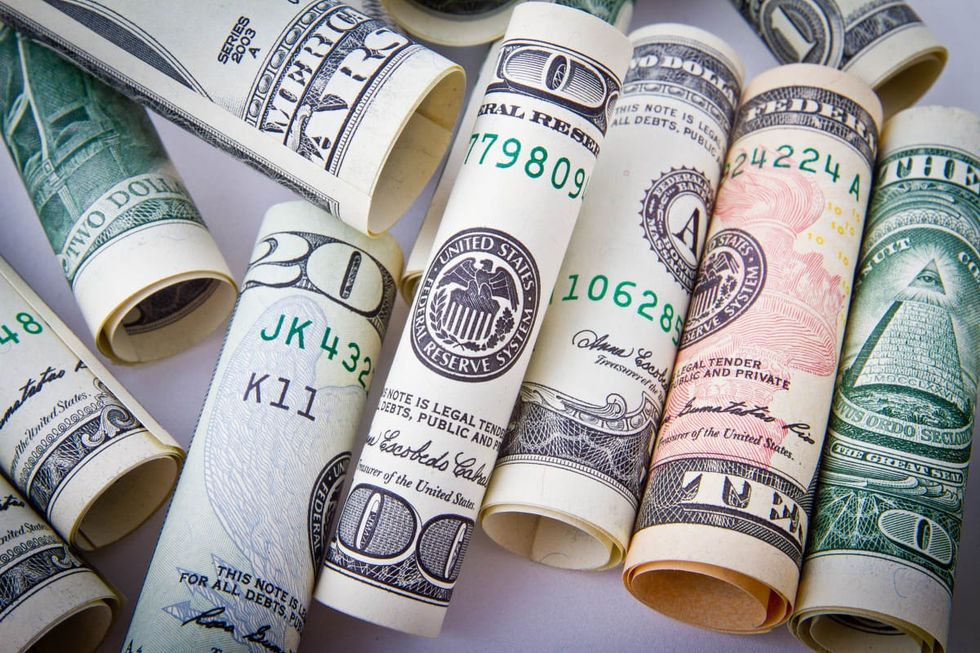 Representative Image Source: Pexels | Pixabay
Representative Image Source: Pexels | Pixabay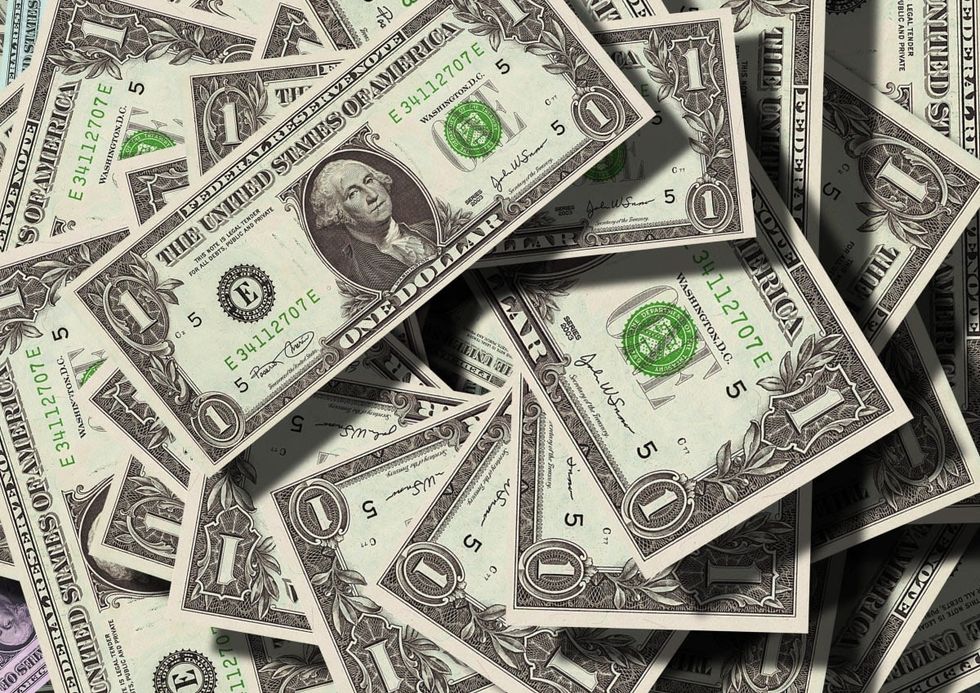 Representative Image Source: Pexels | Pixabay
Representative Image Source: Pexels | Pixabay Representative Image Source: Pexels | markus winkler
Representative Image Source: Pexels | markus winkler
 Representative Image Source: Pexels | Shvets Production
Representative Image Source: Pexels | Shvets Production Representative Image Source: Pexels | Oleksandr P
Representative Image Source: Pexels | Oleksandr P Representative Image Source: Pexels | Photo by Spencer Selover
Representative Image Source: Pexels | Photo by Spencer Selover Representative Image Source: Pexels | JSME Mila
Representative Image Source: Pexels | JSME Mila
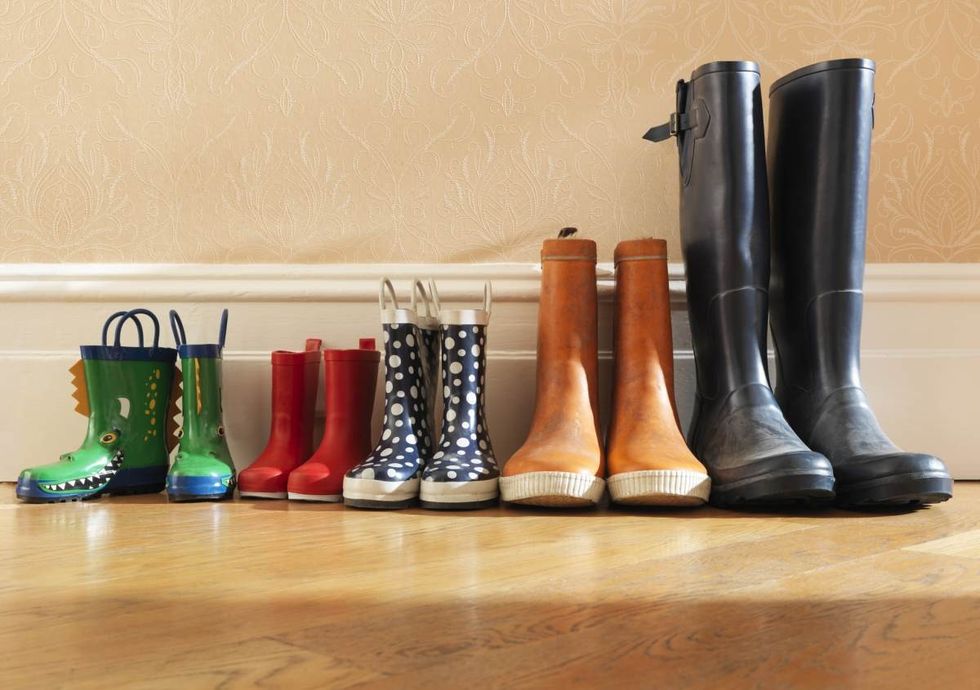 Representative Image Source: Wellington boots in a row in hallway (Getty Images)
Representative Image Source: Wellington boots in a row in hallway (Getty Images) Image Source: Writer Terry Pratchett Pointing to His Book (Photo by Rune Hellestad/CORBIS/Corbis via Getty Images)
Image Source: Writer Terry Pratchett Pointing to His Book (Photo by Rune Hellestad/CORBIS/Corbis via Getty Images)
 Representative Image Source: Pexels| RDNE Stock Project
Representative Image Source: Pexels| RDNE Stock Project Representative Image Source: Pexels| Satoshi Hirayama
Representative Image Source: Pexels| Satoshi Hirayama Image Source: TikTok|
Image Source: TikTok| Image Source: TikTok|
Image Source: TikTok|